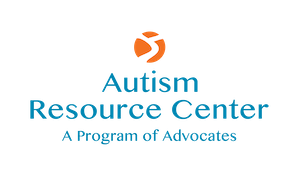 Are you new to the world of autism? If your child has recently been diagnosed, it’s normal to feel a wide range of emotions – sadness, fear, anger, anxiety. No matter what you’re feeling, Autism Resource Center is here to guide you and your family on this journey. Our team of knowledgeable, compassionate professionals and veteran parents will give you the tools to deal with the challenges that autism brings into your life.
Are you new to the world of autism? If your child has recently been diagnosed, it’s normal to feel a wide range of emotions – sadness, fear, anger, anxiety. No matter what you’re feeling, Autism Resource Center is here to guide you and your family on this journey. Our team of knowledgeable, compassionate professionals and veteran parents will give you the tools to deal with the challenges that autism brings into your life.
First, we’ll help you make sense of your child’s diagnosis, so you can understand what autism is and what services are publicly available.
Next, we’ll show you how to access the care your child needs, whether it’s ABA treatment or medication (medical management). If you’re struggling with finances or paperwork, we can help with that, as well.
Finally, we offer a wide variety of activities and workshops for you and your children, from parent support groups to family activities. Everything we provide is presented cafeteria-style, so you can utilize our services whenever you need them. Whatever you need, we’re just a click or a phone call away.
